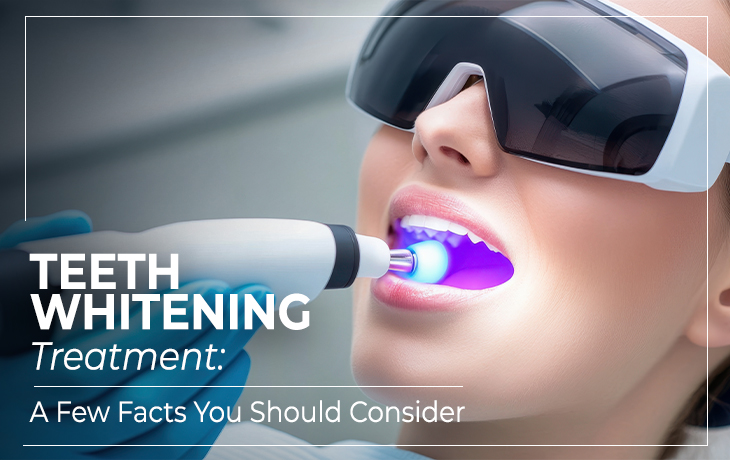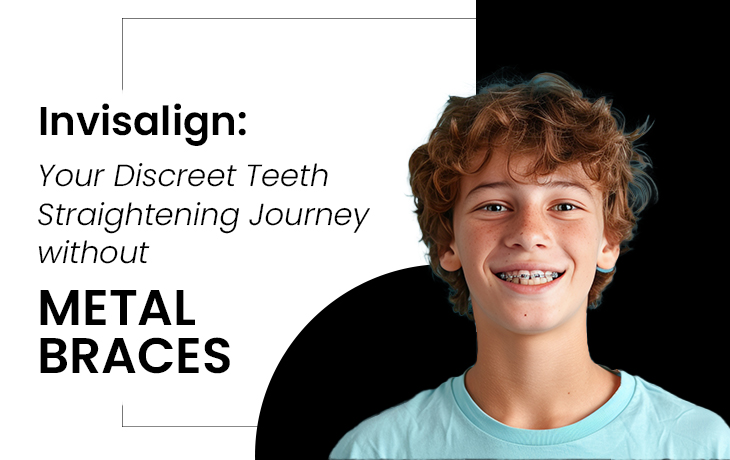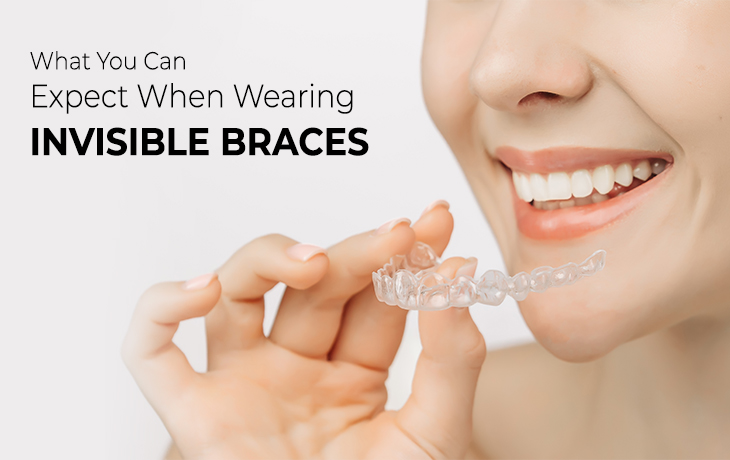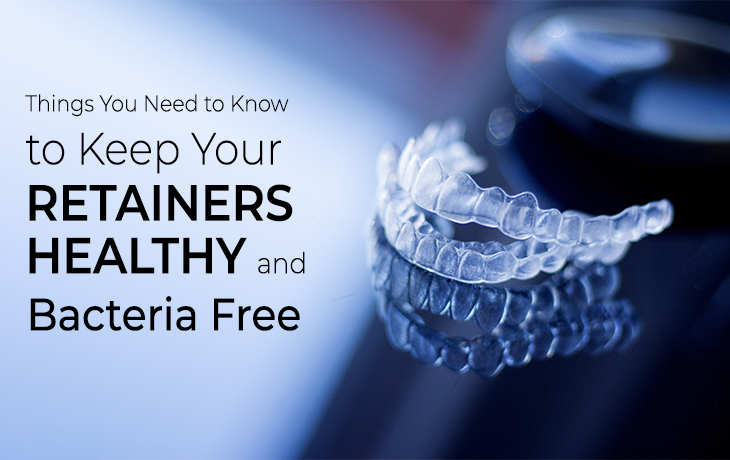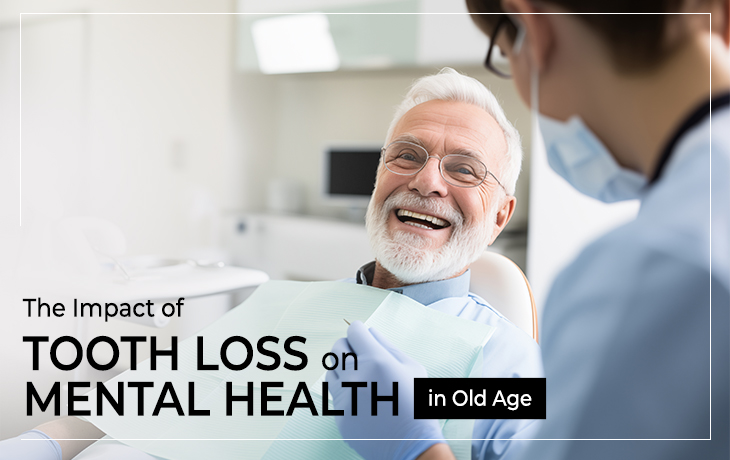Teeth whitening is one of the most popular cosmetic dental procedures all over the world. It removes stain and discolouration from the teeth, making them appear healthy and beautiful. In the UK, only a dentist or a hygienist therapist, under the prescription of a dentist, is allowed to perform this treatment.
It’s important to remember that whitening is not a one time therapy. Teeth whitening professionals confirm that you need to undergo the treatment from time to time to maintain the whiteness of the teeth.
The reason behind teeth staining
The outer, hard layer of the teeth is called the enamel. This enamel layer, can get stained easily. Here are some of the reasons for that staining:
- Excessive consumption of tobacco in any form
- Heavy consumption of beverages like coffee, red wine and even tea
- Not maintaining proper oral hygiene
Old age is another major cause that affects the natural whiteness of the teeth. You may also have intrinsic stains, which is mainly caused by excessive exposure of the teeth enamel to fluoride whey you are a child.
Certain medications, like tetracycline based antibiotics, can discolour your teeth. If a to-be mother takes this medicine during the second half of her pregnancy, it can stain the child’s teeth.
Teeth whitening is effective on the stains that occur on the teeth surface not intrinsic staining.
The limitations
The result of teeth whitening are affected by other dental health issues that you may have. For example:
- If you have receding or damaged gums, whitening can make your teeth sensitive.
- Caries or cavities in the tooth have to be filled up before teeth whitening.
- If you have gum recession, the exposed roots of the tooth may appear discoloured after the treatment as the root material is a darker colour
- The whitening treatment doesn’t work on veneers and crowns.
Types of Whitening procedure
The treatment procedure can broadly be categorised in two types:
- Vital whitening or extrinsic whitening is done on the teeth with living nerves.
- Non-vital whitening or intrinsic whitening is strongly recommended by smile dentist clinics for teeth that have undergone root canal treatment before and have no live nerve.
Teeth whitening like other cosmetic dentistry treatments isn’t usually covered by insurance. Preventive dentistry treatment or teeth cleaning is widely covered by insurance policies. It is advised that you should have teeth cleaning first.


